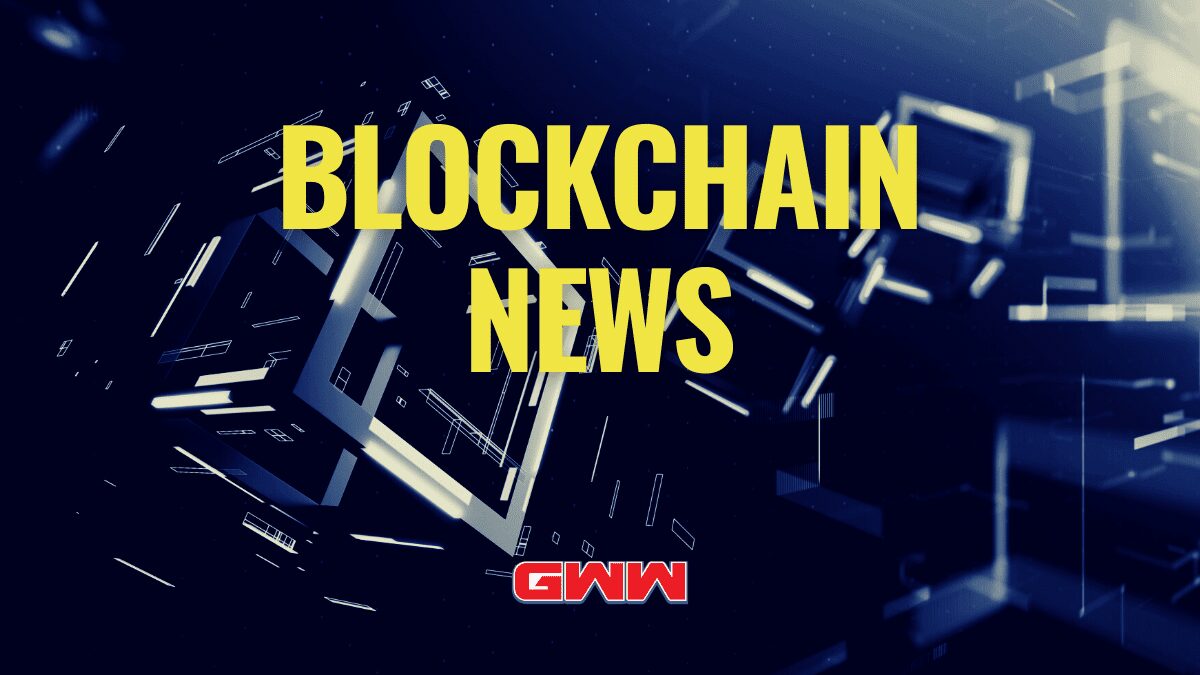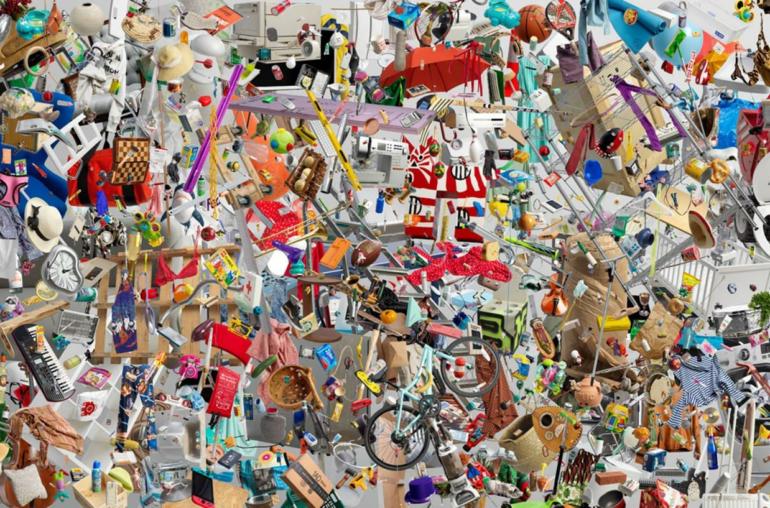Jan 7, 2023
by
Everyday we create memories that are attached to places, but how will future generations know what happened to us?
Metablox is saving our most important memories on the blockchain, and you can own the real world places the memories happened.
Originally posted here.
By: Az
The team over at Warp has announced a major update to their Warp Contracts infrastructure, as it now supports the deployment of Atomic NFTs. Atomic NFTs are seen by some as what the universal NFT standard should have been all along, while others claim the ERC-721 standard on Ethereum is broken. You may be wondering […]
The team over at Warp has announced a major update to their Warp Contracts infrastructure, as it now supports the deployment of Atomic NFTs. Atomic NFTs are seen by some as what the universal NFT standard should have been all along, while others claim the ERC-721 standard on Ethereum is broken. You may be wondering why these claims have been made, what an Atomic NFT actually is, and how they can better the NFT world. If so, you are in the right place.
Let’s dive in!
Atomic NFTs
To understand what an Atomic NFT is, it is best to have an understanding of what an NFT is made up from. In most cases, to make an NFT, you need:
A smart contract – that defines the creation of the NFT and the overall characteristics of the NFT collection (e.g. the name of the collection).
The NFT token and metadata – A unique token on the blockchain that grants ownership of the NFT to the holder, and contains the NFT metadata within (e.g. the name of the specific NFT from the above collection, the link to the NFT asset data, etc.).
The NFT asset data – The actual end product that the user sees (e.g. in the case of digital art NFTs this would be the NFT image).
More often than not, these three components live separately. The smart contract and token/metadata live on the blockchain, while the asset data lives off-chain – this is due to the asset data files usually being large in size, thus not easily stored on some of the slower and expensive blockchains).
In cases where the asset data is stored on third-party servers, this can lead to many issues, arguably the worst of which is the permanent loss of one’s NFT data altogether – if for example the person paying for the server stops doing so.
Atomic NFTs on Arweave solve this issue by combining contract and asset information into one unified transaction. An Atomic NFT is, as Sam Williams – the creator of Arweave himself – puts it:
Asset data, metadata, and contract all bundled together into a single Arweave ID.
Pianity – the Web3 music platform on Arweave – was the first to bring Arweave’s Atomic NFTs to the music space while claiming that “NFT storage is broken”, and that “ERC-721 has solved ownership, but not storage”.
With Atomic NFTs, the address of the NFT smart contract _is_ the address of the NFT’s data. Permanent, on-chain assets, and no external metadata. One address. How NFTs were supposed to be- Sam Williams, Arweave founder.
So why are Atomic NFTs important?
As mentioned, standards like ERC-721 on Ethereum usually point to the external links of the NFT’s asset, and are stored outside of the Ethereum Virtual Machine (EVM) blockchain, so there is no guarantee that the content of your NFT will always be available.
Gabriel Ayuso – Staff Software Engineer at Google Lead Cloud Online Services Software Engineer at Nero Inc , and former Senior Software Engineer at Google – says that the ERC-721 standard lacks consideration for metadata when pushing it off to an external URI without any specification. He goes on to say:
I understand the reasoning since on-chain data is expensive but we’re paying the price in other ways. The most common issue is contracts that point to centralised URIs where metadata is hosted. Fortunately, more projects are moving to IPFS and Arweave. However, this isn’t standard practice yet.
So, if you don’t use a permanent data storage solution like Arweave, you could end up owning an empty NFT (ERC-721) token. If you want to read more on this matter, head here .
Atomic NFTs solve all of the above. So if you are an NFT creator, and want to get ahead of the game – especially while the market is bleak during a bear market – you might want to check out Warp, as it meets all of the criteria of Atomic NFTs.
Today, NFT deployed with Warp meets all of the criteria of an Atomic NFT.
The contract data is available in the Arweave Gateway
The contract & data are stored under the same tx id
The same usability as any contract deployed through Warp Gateway (instant access)
— Warp Contracts (@warp_contracts) January 3, 2023
Harness the power of Atomic NFT and enjoy a seamless Warp developer experience right now!- Warp
Join our
Telegram / Discord / Twitter
Blockchain
Breaking news, updates, reviews and more. Packaged and delivered daily.
Login
About Us
Be An Author
Privacy Policy
No thanks, I don’t like to chatting with awesome people about stuff I love.



